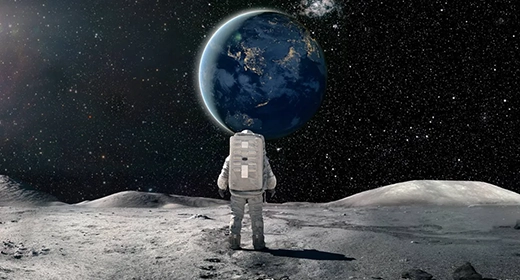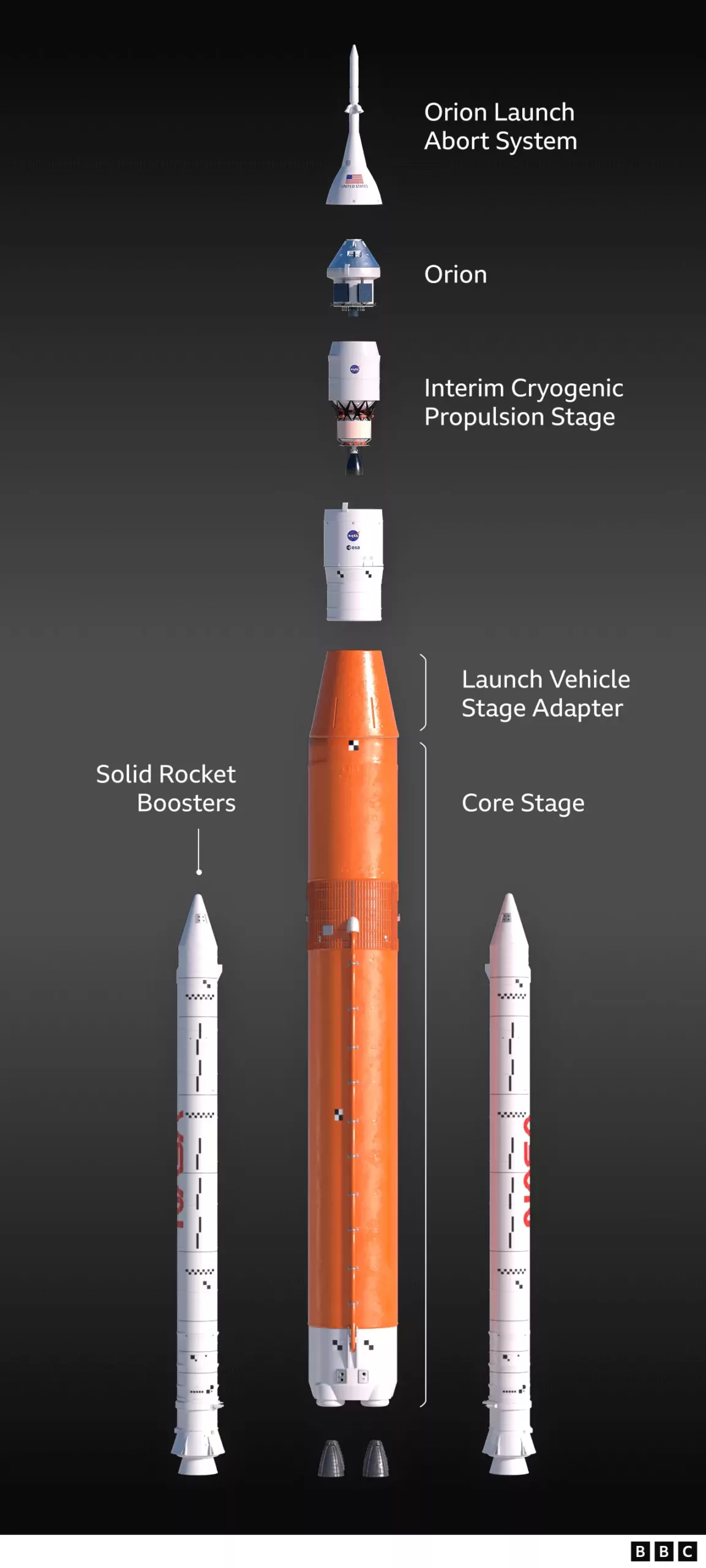by Loukia Papadopoulos: Humans are on course to be living and even working on the moon by 2030,
a NASA official told BBC’s Sunday with Laura Kuenssberg program.
Howard Hu, the head of the U.S. agency’s Orion lunar spacecraft program, said astronauts could stay on the celestial object for extended periods of time by the end of this decade.
“Certainly, in this decade, we are going to have people living for durations, depending on how long we will be on the surface. They will have habitats, they will have rovers on the ground,” he told the BBC. “We are going to be sending people down to the surface, and they are going to be living on that surface and doing science,” he added.
The Orion spacecraft successfully took off on Wednesday from Cape Canaveral in Florida after technical issues and hurricanes caused several delays.
The mission saw three fully suited mannequins aboard the aircraft that will now measure the stresses and strains of the Artemis 1 mission providing key data for the future of the ambitious project.
The first step to long-term deep-space exploration
“It’s the first step we’re taking to long-term deep-space exploration, for not just the United States but for the world. I think this is a historic day for Nasa, but it’s also a historic day for all the people who love human space flight and deep-space exploration,” Hu said.

“We are going back to the moon. We’re working towards a sustainable program and this is the vehicle that will carry the people that will land us back on the moon again,” he added.
If the mission proves successful, it will pave the way for subsequent Artemis 2 and 3 flights, both of which will feature crewed missions to the moon. The Artemis 3 mission, expected to launch in 2026, will witness the return of humans to the surface of the moon for the first time since Apollo 17 in December of 1972.
That mission will also be a record-breaking one as it will land the first woman on the moon, a key milestone. It will be followed by a visit that will see the first person of color reach the lunar surface.
Constructing and developing the Lunar Gateway
The Artemis program will also be responsible for the construction and development of the Lunar Gateway, a space station on the moon for astronauts to live on in the future.
“Moving forward is really to Mars,” Hu further told the BBC. “That is a bigger stepping stone, a two-year journey, so it’s going to be really important to learn beyond our Earth orbit and then do a big step when we go to Mars.”
“And the Artemis missions enable us to have a sustainable platform and transportation system that allows us to learn how to operate in that deep space environment, Hu concluded.
One of the most critical phases of the Artemis I mission is getting the Orion module safely back to Earth. It will re-enter the planet’s atmosphere at 38,000km/h (24,000mph), or 32 times the speed of sound and the shield on its underside will be subjected to temperatures approaching 3,000C.
Once the safety of Artemis’s components and systems has been tested and proven, Mr Hu said the plan was to have humans living on the Moon “in this decade”.
A large part of the reason for going back to the Moon is to discover whether there is water at the satellite’s south pole, he added, because that could be converted to provide a fuel for craft going deeper into space – to Mars, for example.
“We’re going to be sending people down to the surface and they’re going to be living on that surface and doing science,” Mr Hu said.
“It’s really going to be very important for us to learn a little bit beyond our Earth’s orbit and then do a big step when we go to Mars.
“And the Artemis missions enable us to have a sustainable platform and transportation system that allows us to learn how to operate in that deep space environment.”









































